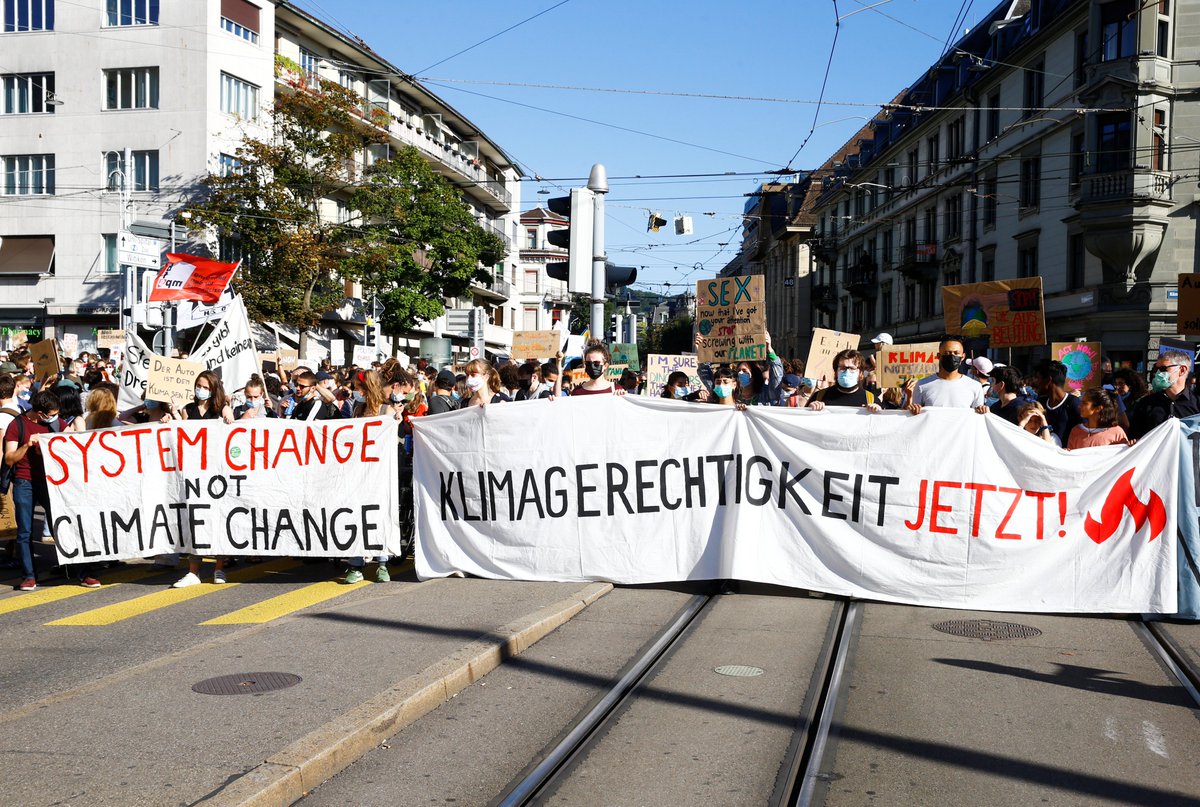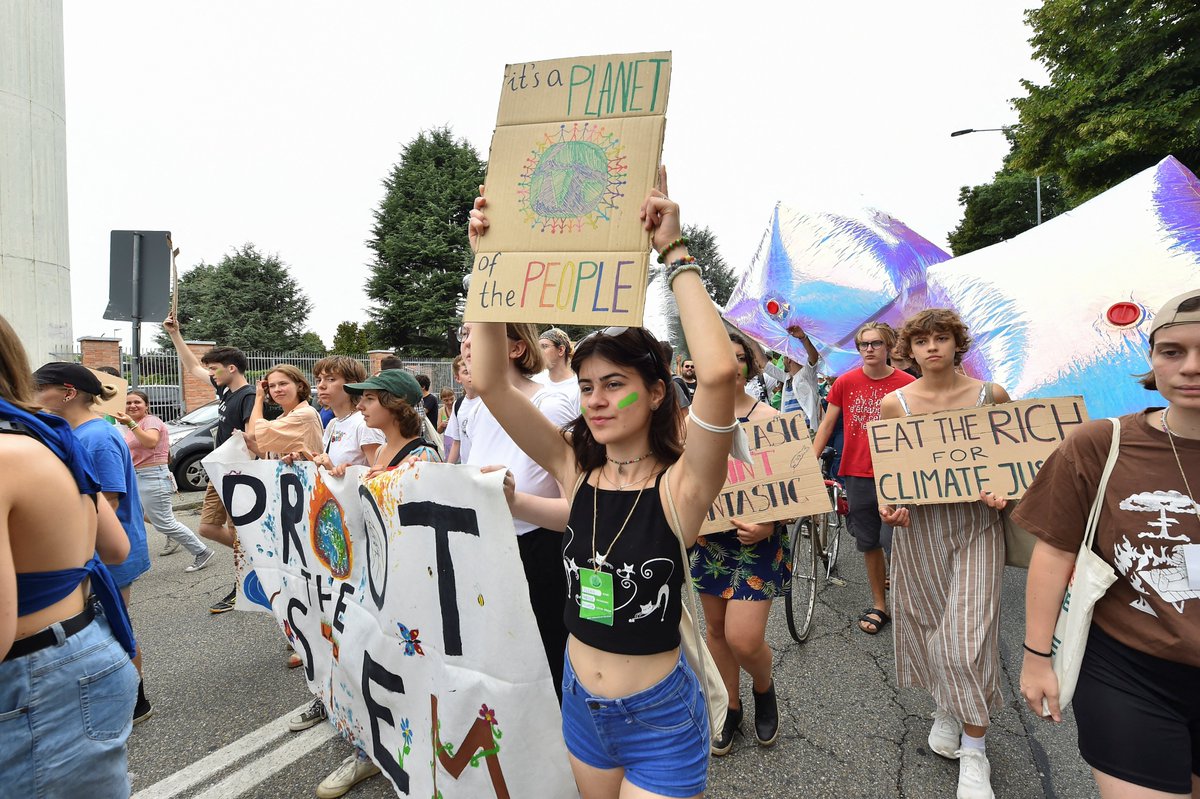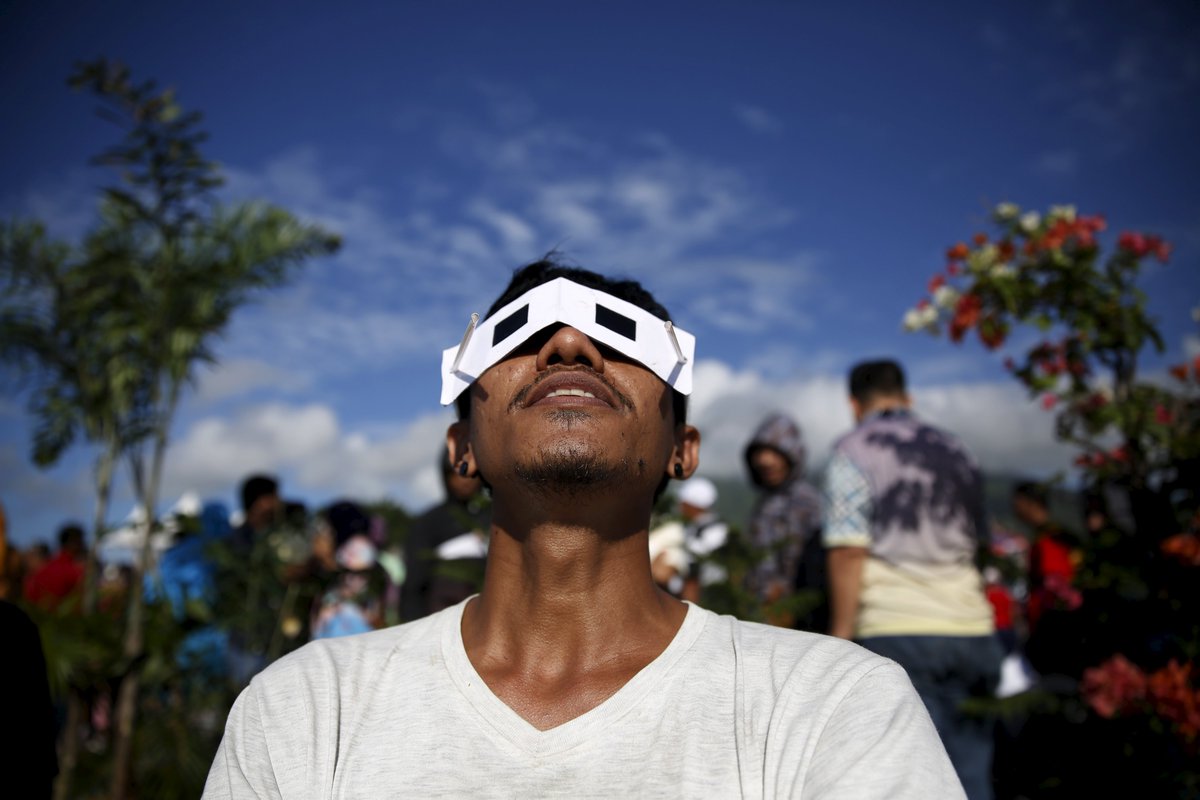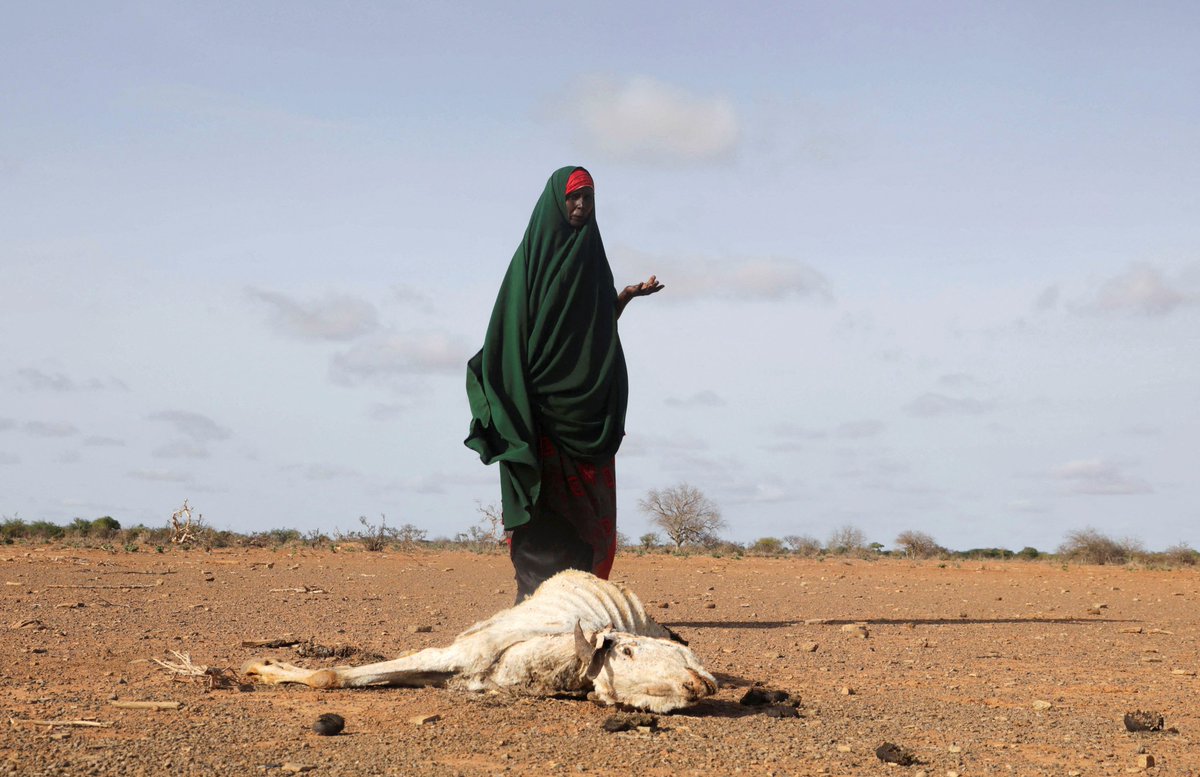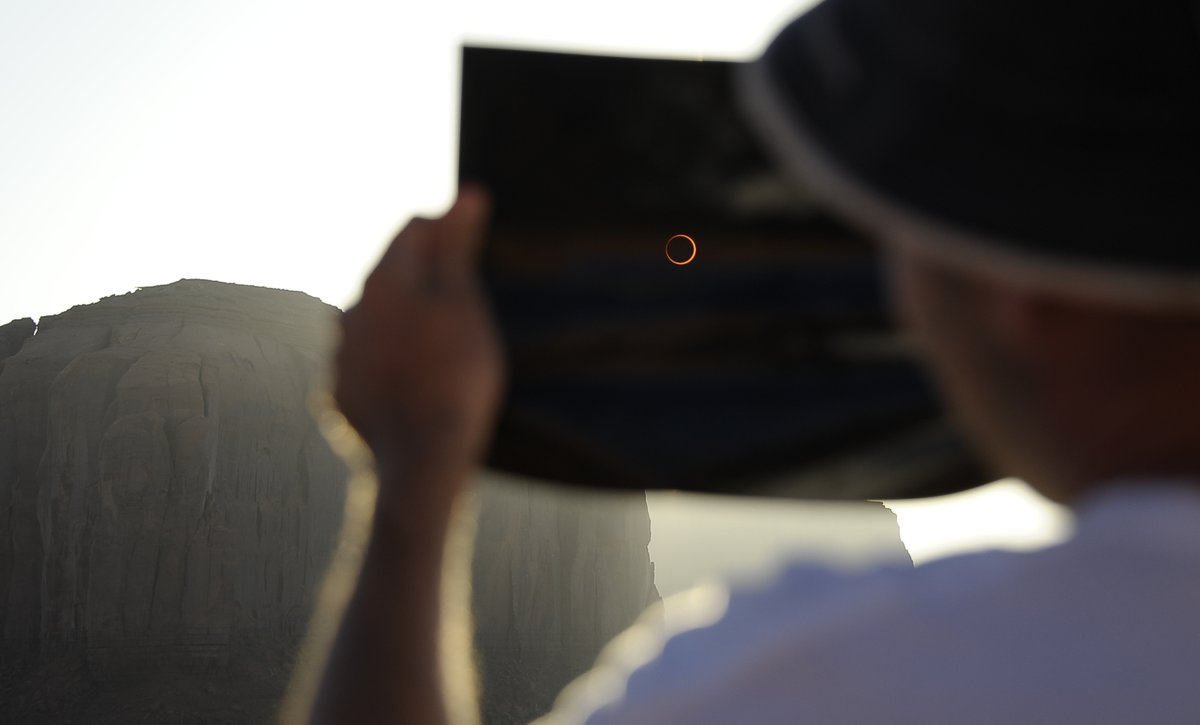📣 Today, young people across the world are taking part in a #GlobalClimateStrike.
🌏 Ahead of COP26, many are demanding more action from world leaders to tackle the #ClimateCrisis.
⭕️ Here’s what protests are looking like in 5 cities.👇🧵
🌏 Ahead of COP26, many are demanding more action from world leaders to tackle the #ClimateCrisis.
⭕️ Here’s what protests are looking like in 5 cities.👇🧵
🇩🇪 Berlin
⭕️ Activist @GretaThunberg called for urgent action at the #GlobalClimateStrike rally.
📣 "The concentration of CO2 in the sky hasn't been this high for at least 3 million years," she said.
🗣"It is clearer than ever that no political party is doing close to enough."

⭕️ Activist @GretaThunberg called for urgent action at the #GlobalClimateStrike rally.
📣 "The concentration of CO2 in the sky hasn't been this high for at least 3 million years," she said.
🗣"It is clearer than ever that no political party is doing close to enough."


🗣 They were joined by prominent politicians such as British MP @JeremyCorbyn and ex-@GreenParty leader @NatalieBen.
🇰🇪 Nairobi
📣 Around 30 @Fridays4future protesters gathered in a park in central Nairobi.
🗣 This was climate activist @PatriciaKombo’s message to leaders: “We want real climate action at @COP26 because we can't wait any longer."
📣 Around 30 @Fridays4future protesters gathered in a park in central Nairobi.
🗣 This was climate activist @PatriciaKombo’s message to leaders: “We want real climate action at @COP26 because we can't wait any longer."
🇺🇸 Washington, D.C.
📣 Young people gathered near the U.S. Capitol Building to call for green infrastructure.
🗣 They also demanded that the U.S. "take responsibility for the damage and destruction that it is causing the countries" worst-hit by the #ClimateCrisis.


📣 Young people gathered near the U.S. Capitol Building to call for green infrastructure.
🗣 They also demanded that the U.S. "take responsibility for the damage and destruction that it is causing the countries" worst-hit by the #ClimateCrisis.
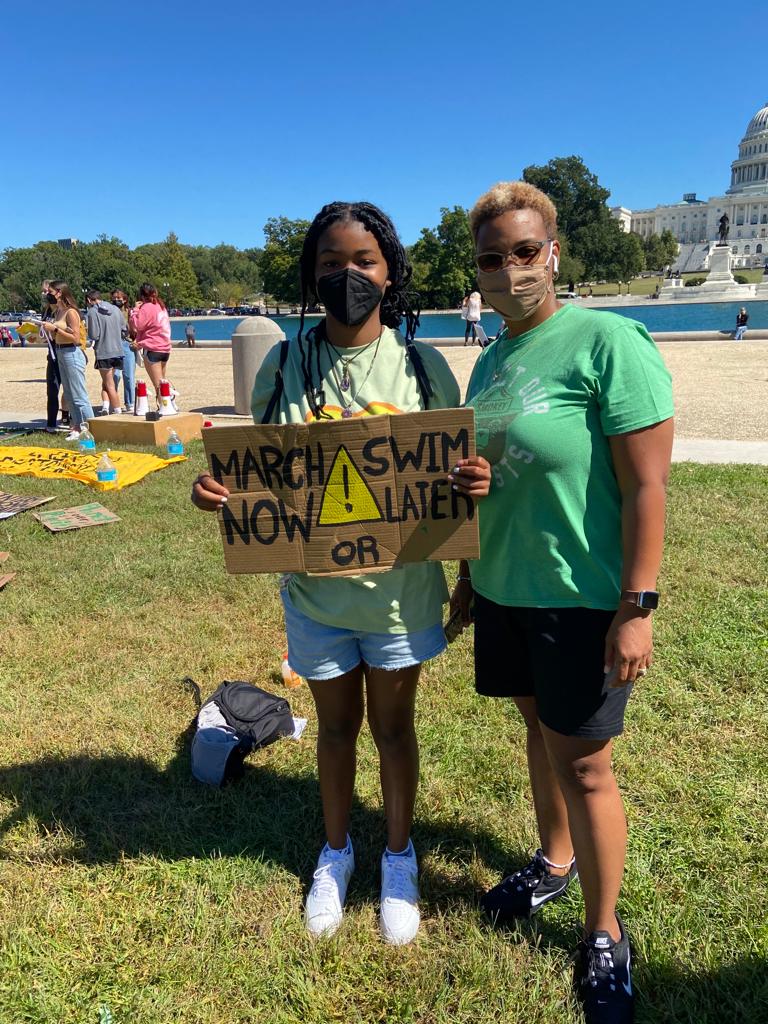


🗣 “The countries that haven’t caused climate change are the ones that are most targeted by [climate] deaths.”
⭕️ Climate protestors staged a 'die-in' near the U.S. Capitol to mark today’s #GlobalClimateStrike by @Fridays4future.
#UprootTheSystem
⭕️ Climate protestors staged a 'die-in' near the U.S. Capitol to mark today’s #GlobalClimateStrike by @Fridays4future.
#UprootTheSystem
🌏 @GretaThunberg's @Fridays4future movement has resumed mass street protests for the first time since the pandemic began.
⭕️ Read more about their demands to #UprootTheSystem at this year's #GlobalClimateStrike 👇 news.trust.org/item/202109241…
⭕️ Read more about their demands to #UprootTheSystem at this year's #GlobalClimateStrike 👇 news.trust.org/item/202109241…
• • •
Missing some Tweet in this thread? You can try to
force a refresh







